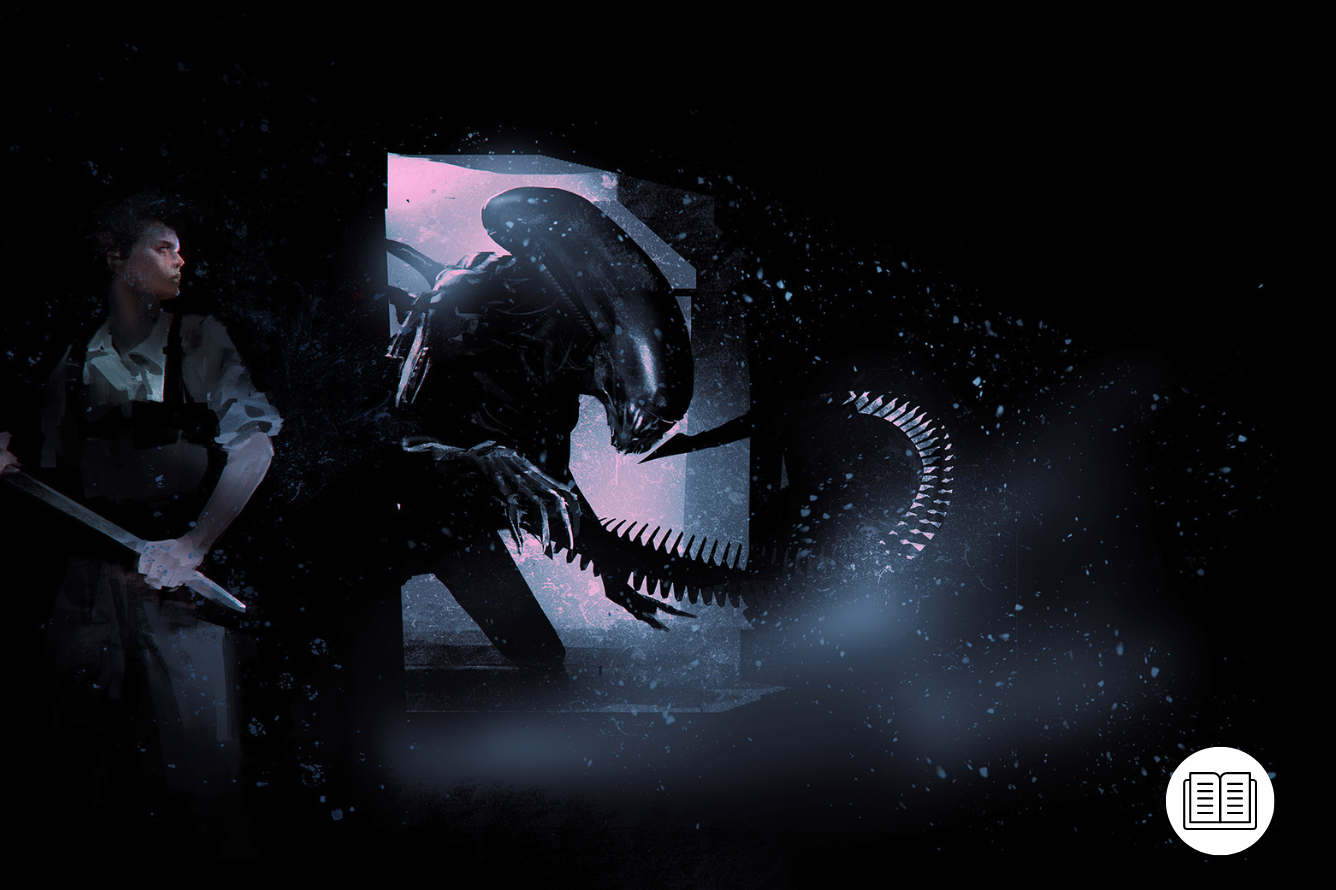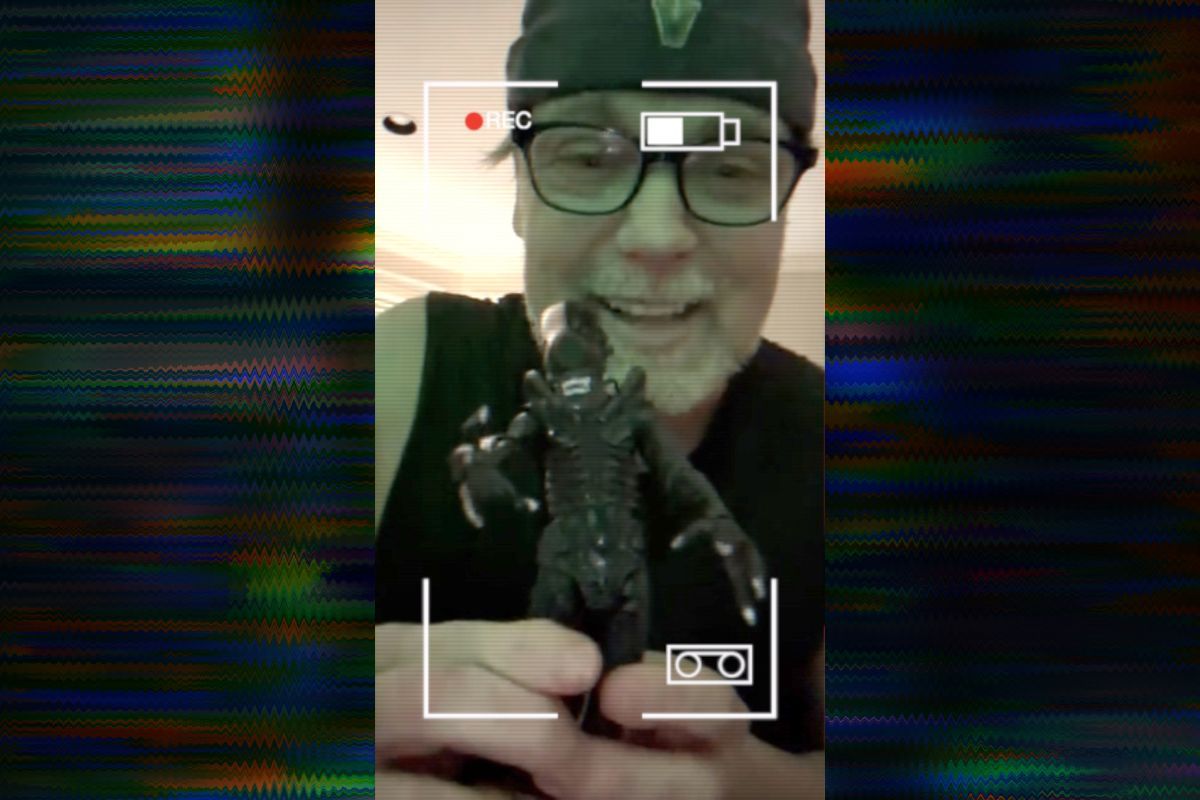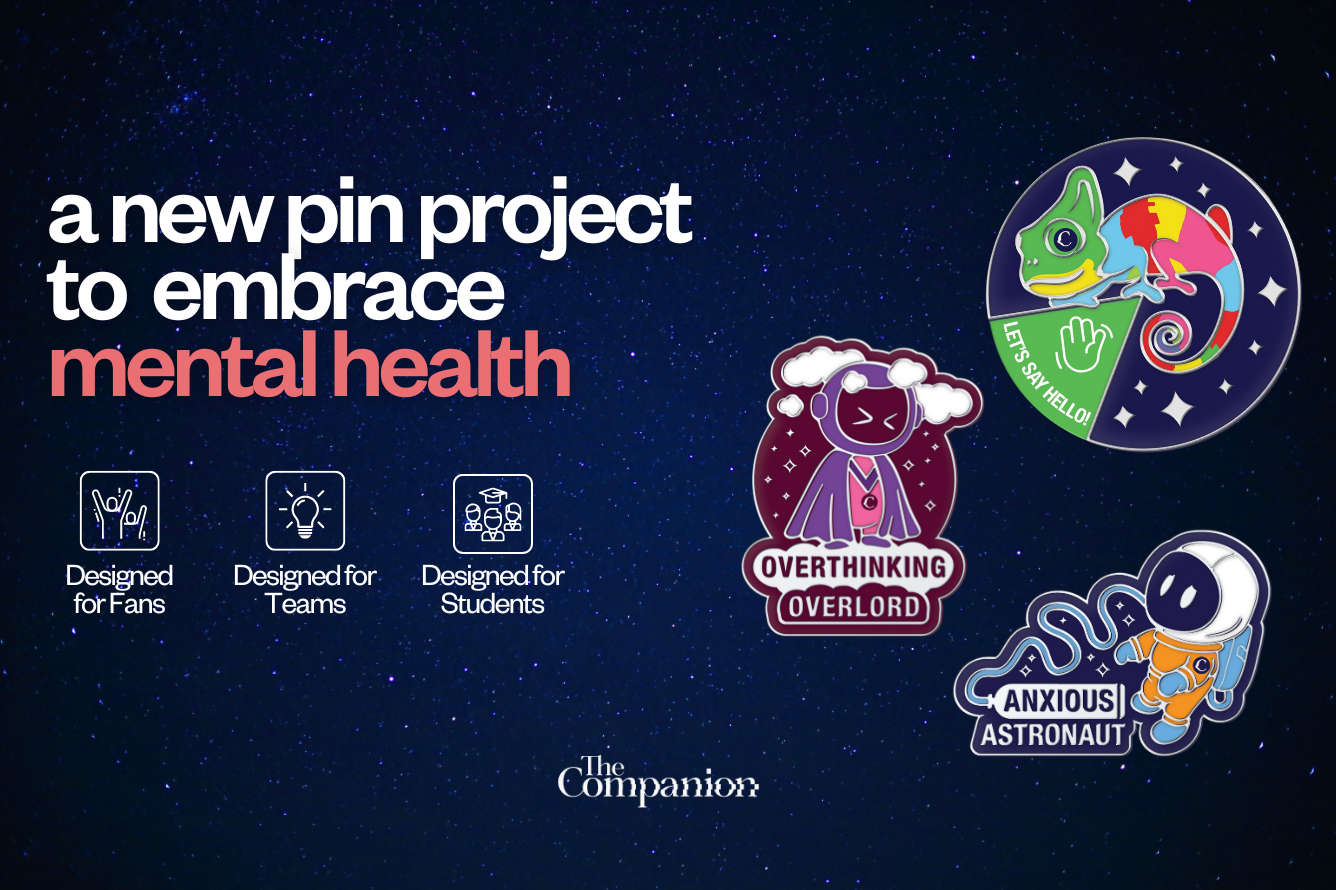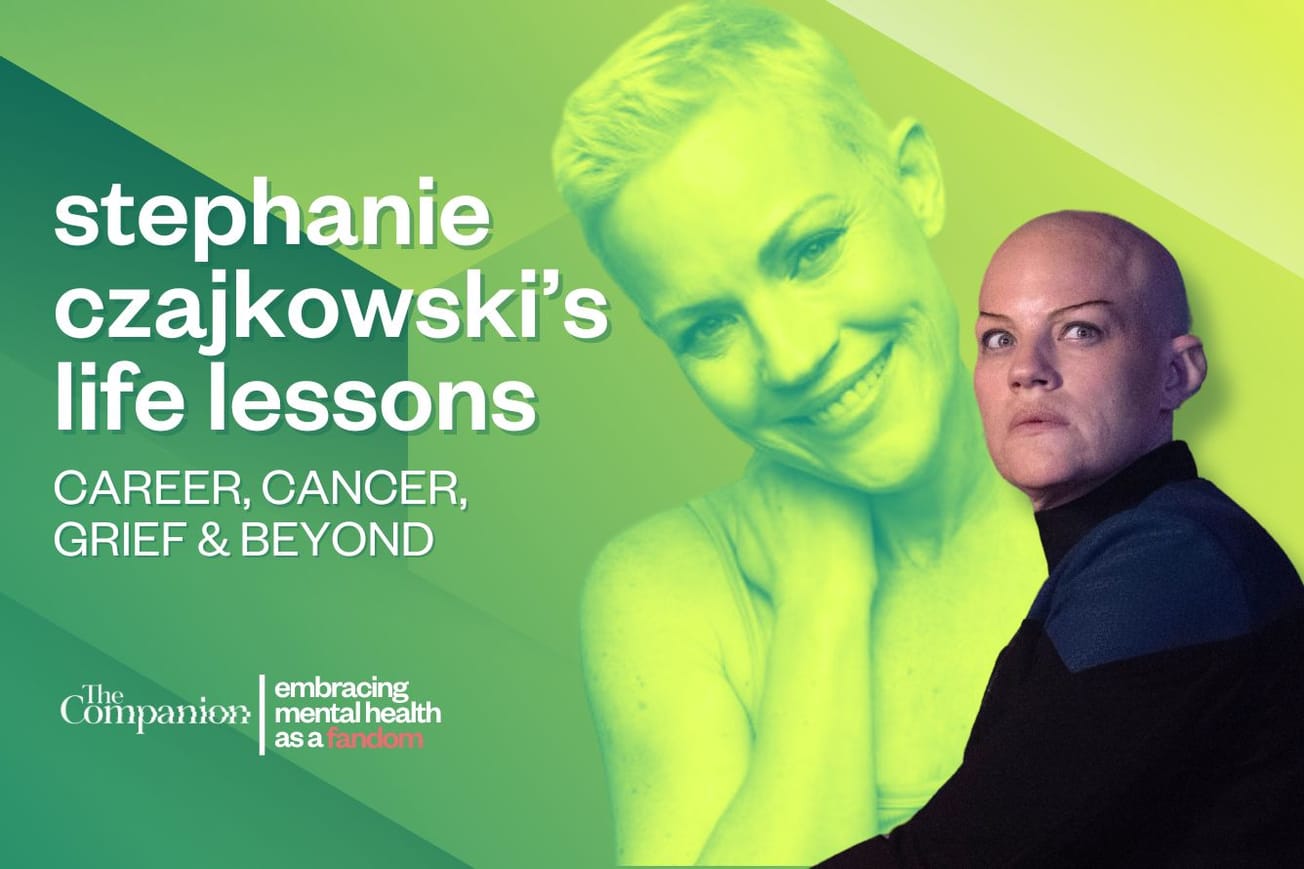When Alien was released in 1979, it simultaneously gave us a cramped, claustrophobic, haunted-house-in-space tale of a ship’s crew being picked off by an unknown extraterrestrial menace, at the same time as giving a glimpse of a whole future universe where mankind was spreading out among the stars… and was most definitely not alone.
More than 40 years later, the Alien franchise has expanded markedly, with a further three movies (Aliens, Alien 3, and Alien: Resurrection), two little-loved mash-ups (AVP: Alien vs. Predator and Aliens vs. Predator: Requiem), two prequels (Prometheus and Alien: Covenant), yet more sequels and prequels announced, a forthcoming TV series, novels, comic books, video games, and RPGs.
As ever, when a story is extended through different media over four decades, it becomes difficult to keep track of what is happening when and which of these stories is canon.
Titan Books has in the last couple of years begun to publish a loosely-connected series of novels in the Alien Extended Universe, drawing together characters and settings from other media and, crucially, tying in with Alien: The Roleplaying Game from Free League Publishing, and even Aliens: Fireteam Elite, a survival horror videogame from Cold Iron Studios.

This modern era really began with Alex White’s 2018 novel The Cold Forge, and their follow-up Into Charybdis in 2021, and continues with my novel Colony War, published this year, along with Inferno’s Fall by Philippa Ballantine and Clara Čarija this July.
So I gathered some of my fellow Alien authors, including Andrew E.C. Gaska who has overseen and written the RPG, to talk about what makes an Alien story.
Our crew comprises Andrew, a novelist who served as 20th Century Studios’ franchise consultant on Alien for five years and has also written two books in the Planet of the Apes setting; Alex White, who was born in Mississippi and has lived most of their life in the American South, and is the author of the Starmetal Symphony Trilogy and The Salvagers Trilogy, and their latest, August Kitko and the Mechas from Space; Philippa Ballantine, a New Zealand born fantasy writer and podcaster whose novels include the Books of the Order, The Chronicles of Art, and The Shifted World series; and Clara Čarija, an Australian story and game consultant known for her work on the award-winning Alien: The Roleplaying Game from Free League.
Introductions to the World of Alien
So, to get the ball rolling, what was everyone’s first introduction to the Alien universe? For me, I was too young to watch Aliens in the cinema, but at some point, during the endless summers of the ‘80s, I did watch it on home video, probably among a slew of big-name movies and straight-to-video turkeys. Of course, Alien shone out as a classic, and by the time Aliens was released in 1986 I was just about old enough to watch it in the cinema.
Alex White: “My first movie was Alien, which I watched immediately after Terminator 2 when I was about twelve. I’d heard the second one was ‘better,’ but even back then I was a completionist who had to do things in order. It struck me that the film was such a slow burn when compared with the adventure stories I liked so much. I was accustomed to my movies about space wizards, and the idea that someone could have a nail-biting thriller and a regular job at the same time was wild. I liked Aliens more as a child, but that’s because I liked the toy aspects. As I’ve grown older, I’ve come to realize that Alien is the future I inhabit in America.”
Clara Čarija: “My introduction to Alien was through my cousin Suzanne who watched horror movies while babysitting me, I watched Alien, then Aliens at around age four in 1986. I think my tastes changed as subsequent movies came out. I think Alien is the best one followed by Covenant which is my absolute favorite. My least favorite is Alien 3 just because for me personally it has challenging themes with the inmates and the Ripley attempted rape scene. But its interesting parallels to rape, consent, abortion, and autonomy in the film make it an interesting topic of discussion.”

Philippa Ballantine: “Back in the dark ages, when I was in college, Aliens was the first of the franchise I watched. It is a specific, and beloved memory for me of that time. After playing D&D all day with my friends, we’d put on Aliens and eat dinner while watching. At the same time, we were always quoting the movie, a bit like a Rocky Horror Picture-type thing. So I would definitely have to say that Aliens was the most impactful. Afterward, I did go back and watch Alien, and it genuinely scared me, but for me, it was always Ripley vs the Queen.”
Andrew E.C. Gaska: “When I was a kid, I was a bit squeamish. My mother sent me to bed early when Alien was going to be on TV for the first time (I was 8ish). I got up to go to the bathroom in the middle of the night, just in time to walk in on the chest-burster scene. Suffice it to say, I was scarred for life. My favorite movie is by far the director’s edition of the original 1979 Alien. However, my favorite character in the series hands down has got to be David. Fassbender is fantastic. David is an evil genius who no matter what bad thing he does, somehow seems to get the audience on his side. The one that misses its mark for me is Resurrection—its tone and comedic undertones don’t quite fit the franchise as I see it—even though its themes do very well.”
The Key Ingredients of an Alien Story
Alien and Aliens have, understandably, the biggest and longest-lasting impact. When I was commissioned by Titan about my novel Colony War, I was given a fairly broad brief that included a necessity to set up future novels by instigating the titular war among the far-flung colonies. But it wasn’t enough to have a political action thriller; this had to be an Alien novel. There had to be Xenomorphs, of course, and space marines, and horror, intrigue, and battles. What are the main ingredients of any Alien story?
“Alien is body horror in space,” says Andrew E.C. Gaska. “It’s ponderous methodical pacing punctuated by white-knuckled page-gripping terror. It is fear of the unknown; fear of what is lurking in the dark, and what it intends to do. It’s about human hubris and not understanding what we are dealing with. It involves humans and androids who would play god to control the uncontrollable. It’s about regular everyday people caught in a living hell and both the bonds and betrayals between them in the face of creeping danger. It’s about furthering our glimpse into the unknown, providing answers that only lead to more questions. Finally, it’s about making sacrifices for higher ideals.”

What about Alex White? What do they think an Alien novel needs?
“Aliens,” they say. “Okay, no really, I think you need deep-seated injustice masquerading as an everyday civilization, which is pretty easy to come by in our modern times. You need shitty day jobs, which many of us have. You need an interesting and potentially-hostile environment. There are other elements, too, like the depersonalization/commodification/consumption of one’s body. Most importantly, you need deeply human characters who are driven by reasonable causes… so they can get eaten.”
“Capable female protagonist,” says Philippa Ballantine of her checklist. “Corporations gone wild with power. Underdogs you can root for. Body horror. Risk to family, blood, and found.”
For Clara Čarija, the science fiction essentials of “sense of wonder, excitement and hope” are vital. She adds, “Also, the atmosphere of separate classes, identifying their struggles against each other with a dash of corporate subterfuge. Having the everyday person mixed up somehow with the appearance of or inevitable clash with the Xenomorph. The story should always make you question yourself and what you think you knew or assumed about humanity. For better or worse.”
Global Perspectives in the ‘Extended Universe’
One particular benefit of exploring the universe in novel-length stories is that it gives the writers an opportunity to show readers a richer portrayal of society both on Earth and in the colonies than the movies especially have been able to. Into Charybdis was centered on an Iranian-run colony world; mine focused on a breakaway British faction that prompted the war among the distant worlds, and the joint Antipodean writing team of Ballantine and Carija shows us yet more of how we live in this future world.
Philippa Ballantine says, “New Zealand and Australian content is pretty high in Inferno’s Fall – no great surprise considering the creators I suppose. Though those two nations have been changed by events in the Aliens universe. There is one real Easter egg that I snuck in, for a bit of levity I suppose, but it isn’t a plot point of any kind. I tend to think, that there are some brands and inventions that will just happen, regardless of timelines. We are still talking about Earth after all. Some things feel like fixed points in time.”
The Alien universe’s link to our own is something others are exploring. Setting Colony War in 2184, after Alien but before Aliens, I extrapolated some existing real-world corporations and entities would still exist 160 years hence. Thus, budget airline RyanAir is operating budget spacetravel as RyanSpace, and some of the current British media brands such as The Guardian and The Sun still exist. It’s not always successful for some readers; they don’t like to be bumped out of a future world with references to contemporary life, while others think this is a natural progression.







